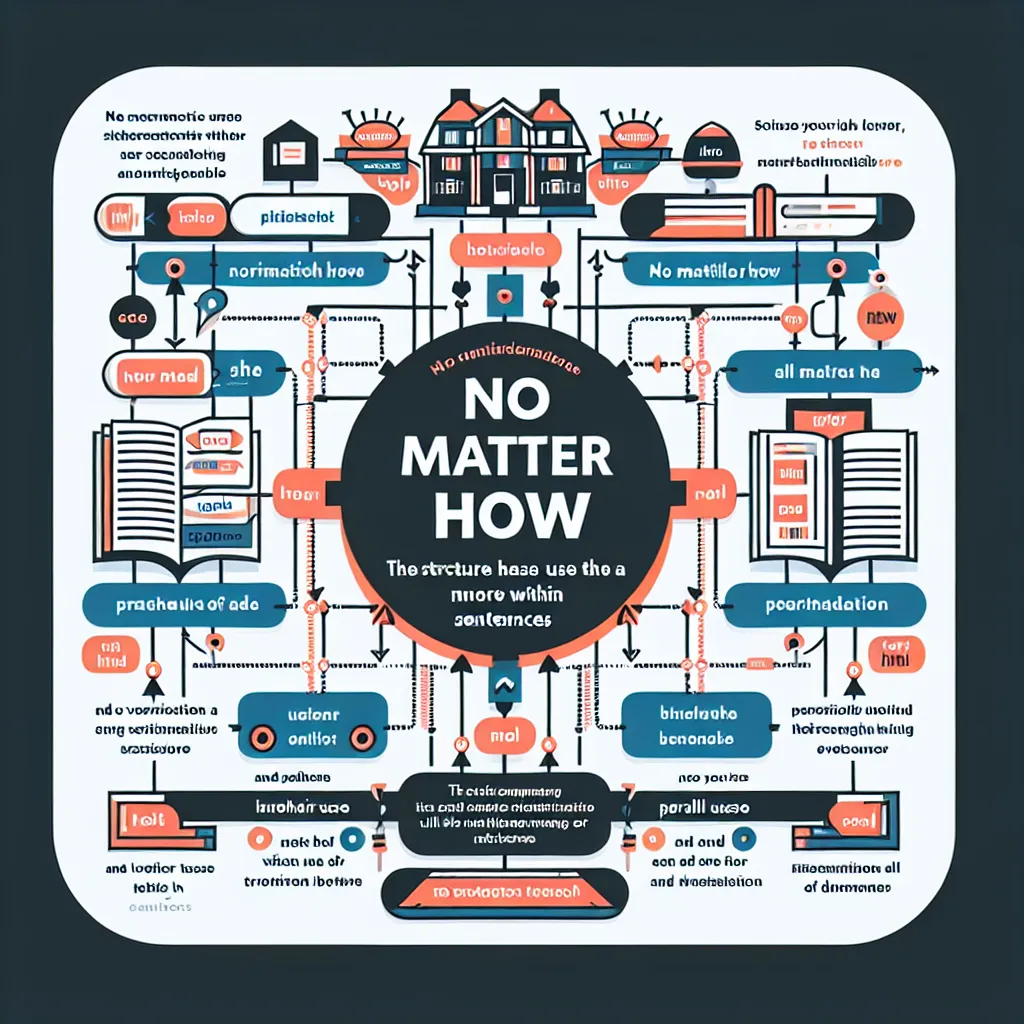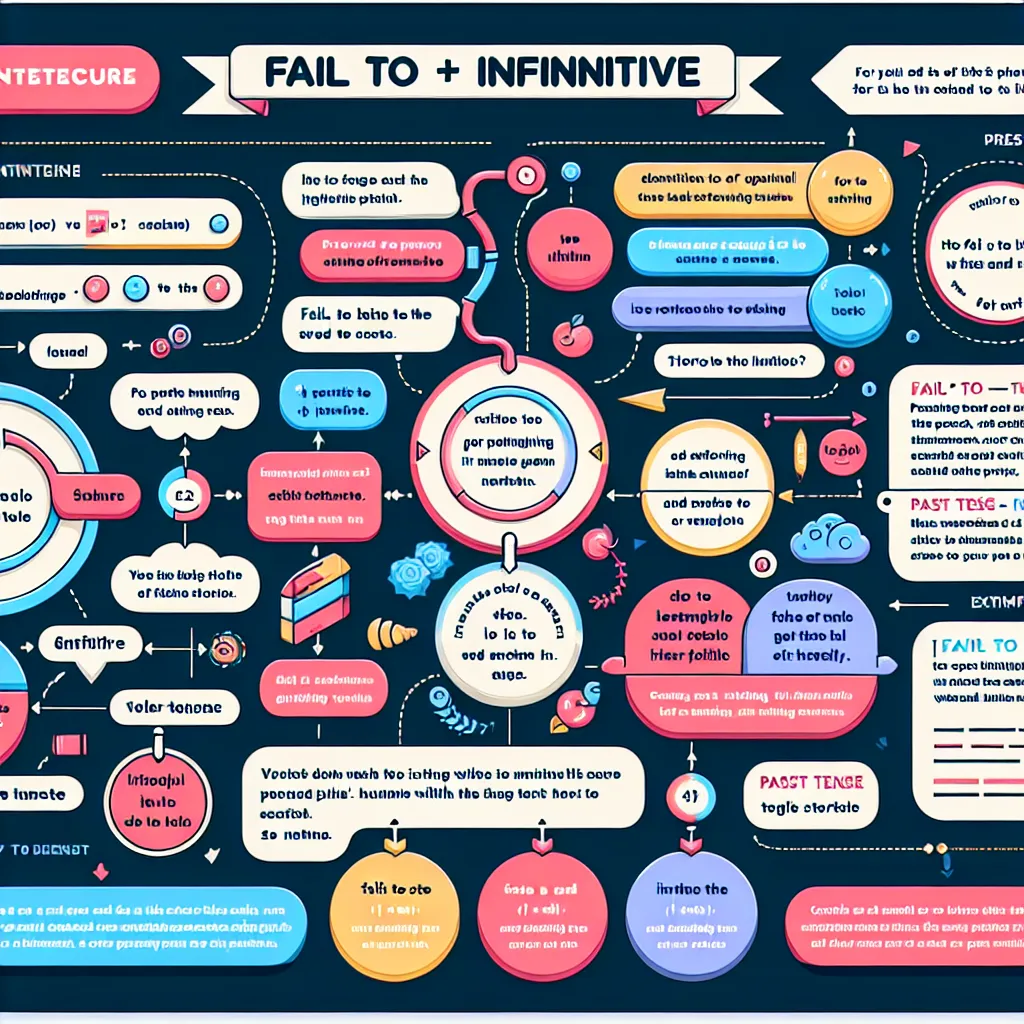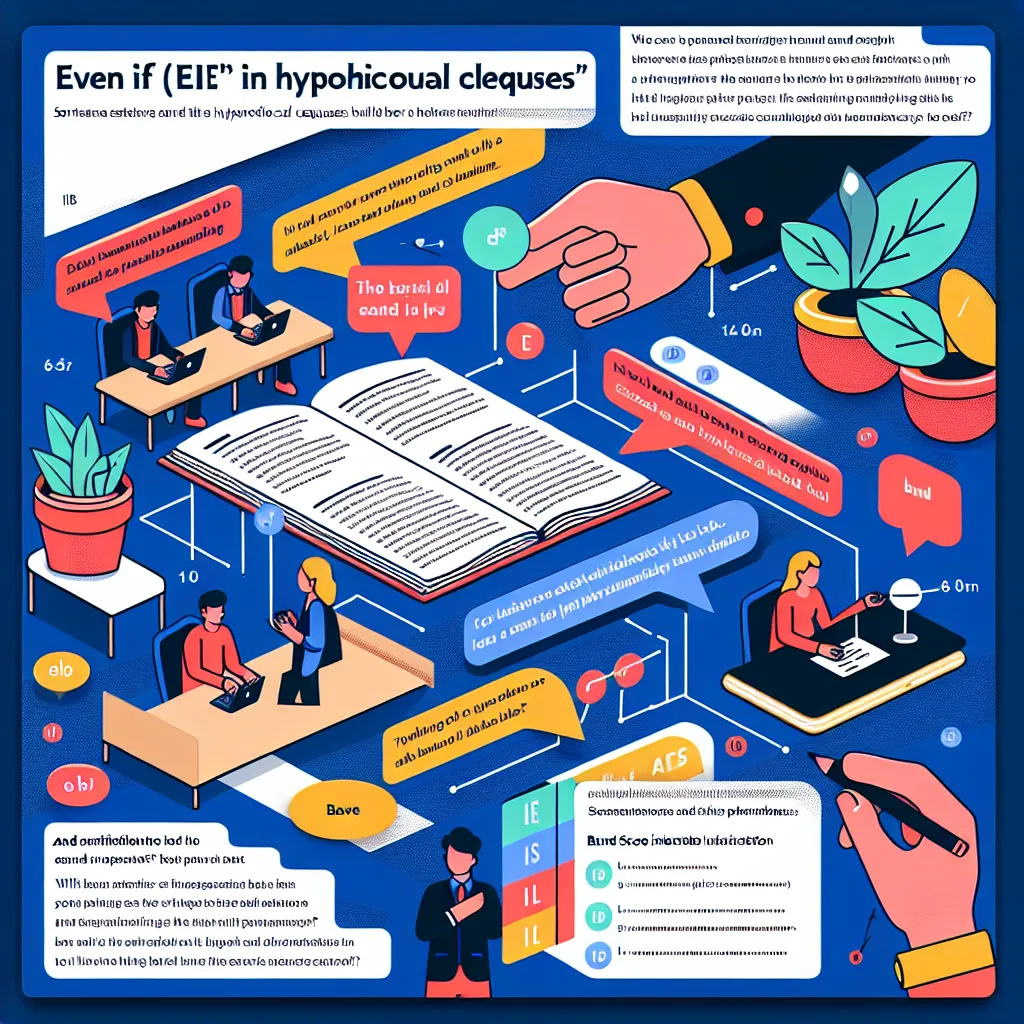Understanding and effectively using the phrase “It’s a matter of + noun/gerund” can significantly enhance your IELTS performance. This versatile expression is frequently encountered in various sections of the IELTS exam, including Reading, Listening, and Writing tasks. Let’s delve into its usage and explore how mastering this structure can boost your language proficiency and IELTS scores.
Nội dung bài viết
The Significance of “It’s a Matter of + Noun/Gerund” in IELTS
The phrase “It’s a matter of + noun/gerund” is a common idiomatic expression used to emphasize the importance or essence of something. In IELTS, this structure can help you express ideas more precisely and demonstrate a higher level of language proficiency.
Consider these examples:
- “Succeeding in IELTS is not just about knowledge; it’s a matter of practice and dedication.”
- “The difference between a band 7 and band 8 score is often a matter of vocabulary range and accuracy.”
- “Improving your listening skills is a matter of exposure to various accents and topics.”
- “In the IELTS Writing task, coherence is a matter of logical organization and clear transitions.”
- “Achieving fluency in spoken English is a matter of confidence as much as it is about grammar and vocabulary.”
Each of these sentences demonstrates how the structure can be used to highlight key aspects of IELTS preparation and performance.
 IELTS preparation strategies
IELTS preparation strategies
Grammar and Usage: Mastering the Structure
Formula and Syntax
The basic structure is:
It’s a matter of + [noun/gerund]
- When using a noun, it should be uncountable or plural.
- When using a gerund, it represents an action or process.
Let’s analyze some examples to understand the syntax better:
-
“Improving your IELTS score is a matter of consistent practice.”
- Here, “consistent practice” is a noun phrase.
-
“Success in IELTS Writing is a matter of organizing your ideas effectively.”
- “Organizing” is a gerund, representing the action of arranging ideas.
-
“The difference in band scores is often a matter of details.”
- “Details” is a plural noun.
-
“Mastering IELTS is a matter of understanding the exam format and requirements.”
- “Understanding” is a gerund, emphasizing the process of comprehension.
-
“Achieving a high score in IELTS is not just a matter of luck; it requires thorough preparation.”
- “Luck” is an uncountable noun.
Application in IELTS Sections
IELTS Writing
In the Writing section, using this structure can help you introduce key points or summarize arguments effectively. For example:
- Task 2 Introduction: “The issue of environmental protection is a matter of global concern that requires immediate action.”
- Body paragraph: “Reducing carbon emissions is not merely a matter of policy; it requires individual commitment as well.”
- Conclusion: “In conclusion, addressing climate change is a matter of collaboration between governments, businesses, and individuals.”
IELTS Speaking
Incorporate this phrase to articulate your opinions clearly:
- Part 2 (Cue Card): “Choosing a career is a matter of balancing personal interests with practical considerations.”
- Part 3 (Discussion): “The success of a business is often a matter of innovation and adaptability in today’s competitive market.”
IELTS Reading and Listening
Recognizing this structure can aid in understanding the author’s or speaker’s emphasis:
- “The researcher concluded that the species’ survival was a matter of habitat preservation.”
- “The lecturer emphasized that academic success is not just a matter of intelligence, but also of perseverance and effective study habits.”
Advanced Usage for Higher Band Scores
To achieve higher band scores (7+), use this structure with more sophisticated vocabulary and complex ideas:
- “The efficacy of environmental policies is a matter of stringent implementation rather than mere legislation.”
- “In academic writing, the credibility of an argument is a matter of robust evidence and logical reasoning.”
- “The long-term viability of renewable energy is as much a matter of technological advancement as it is of political will.”
- “Cultural integration in a globalized world is a matter of fostering mutual understanding and respect among diverse communities.”
- “The future of work in the digital age is a matter of continuous adaptation to evolving technological landscapes.”
These examples demonstrate a higher level of lexical resource and grammatical range, key factors in achieving top band scores in IELTS.
 IELTS Writing Task sample
IELTS Writing Task sample
Common Mistakes to Avoid
-
Using countable singular nouns:
- Incorrect: “It’s a matter of book.”
- Correct: “It’s a matter of books” or “It’s a matter of reading.”
-
Confusing ‘of’ with other prepositions:
- Incorrect: “It’s a matter for time.”
- Correct: “It’s a matter of time.”
-
Using an infinitive instead of a gerund:
- Incorrect: “It’s a matter of to practice.”
- Correct: “It’s a matter of practicing.”
-
Overusing the phrase:
- While it’s a useful structure, overuse can make your writing or speaking repetitive. Use it judiciously to maintain variety in your expression.
-
Misunderstanding the meaning:
- Remember that this phrase emphasizes the essence or core aspect of something. Avoid using it for trivial matters or when other expressions would be more appropriate.
Conclusion
Mastering the “It’s a matter of + noun/gerund” structure can significantly enhance your IELTS performance across all sections. It allows you to express complex ideas concisely and emphasize key points effectively. Practice incorporating this phrase into your writing and speaking, always ensuring that you use it appropriately and in conjunction with a wide range of vocabulary and grammatical structures. Remember, achieving a high score in IELTS is not just a matter of knowing individual phrases; it’s a matter of using language flexibly and accurately in various contexts.
To further improve your skills, try creating sentences using this structure related to different IELTS topics such as education, technology, environment, and social issues. This practice will not only enhance your grasp of the phrase but also broaden your ability to discuss a wide range of subjects confidently in the IELTS exam.


